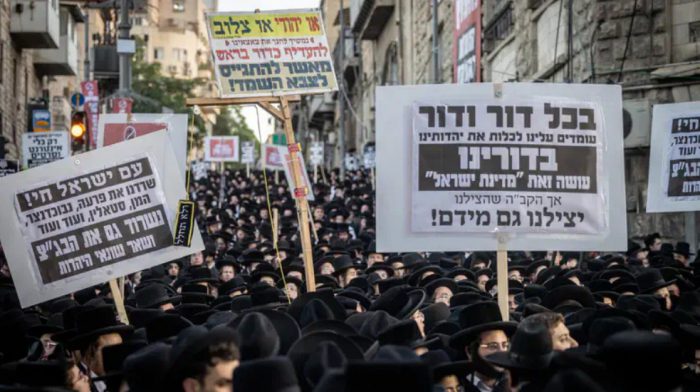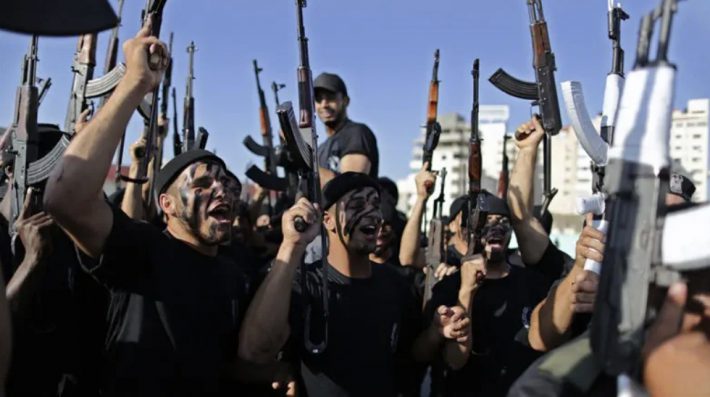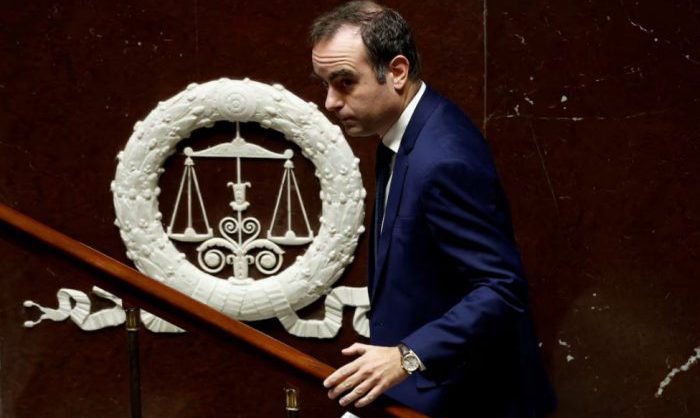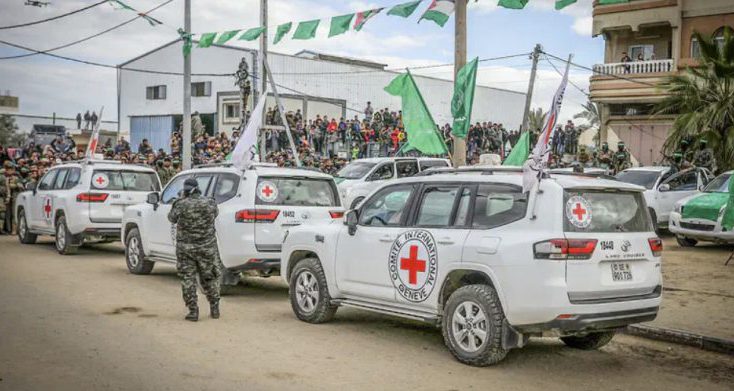Hundreds of thousands of ultra-Orthodox Jews flood Jerusalem in a “cry of prayer” rally against the arrests of yeshiva draft evaders, paralyzing Israel’s capital under sweeping police lockdown.
Jerusalem braced for unprecedented gridlock on Thursday as an estimated hundreds of thousands of Haredi demonstrators converged on the city’s western entrance in protest of the arrests of yeshiva students evading Israel’s military draft.
The rally—branded by organizers as a “cry of prayer”—was billed as non-political and devoid of speeches or honorees. Yet its scale sent shockwaves through the capital, underscoring the deep rift between Israel’s ultra-Orthodox communities and the rest of the nation that continues to carry the burden of defense.
Beginning at 2:30 p.m. and stretching until sunset, the gathering was expected to shut down major arteries from the Chords Bridge through Jaffa Street, Shazar Boulevard, Yermiyahu, and Malchei Yisrael—turning Jerusalem’s western gateway into a human sea of black hats and prayer books.
Police rolled out an extensive security operation, closing Route 1 to all private vehicles from the Latrun Interchange to Givat Shaul starting at noon. Entry to the city was restricted to pre-coordinated buses, and Jerusalem’s Yitzhak Navon train station was shuttered from 12:30 p.m. onwards. Route 443 remained open as the only viable alternative.
Residents from nearby communities such as Shoresh, Har Adar, and Mevaseret Zion were warned they would need ID to pass through police checkpoints. Within the city, Jaffa, Yermiyahu, and Shazar Boulevard were sealed off completely, while the light rail was split into two isolated sections—halting all service through central Jerusalem.
Despite police assurances that the lockdown was designed to protect both demonstrators and the public, outrage mounted among local residents and business owners. Entire sectors of the city ground to a halt. One advertising firm posted a stinging notice to clients:
“For the first time in 20 years, we are closing due to the March of the Million. My business, already hit by 450 days of reserve duty, will close again—so draft-dodgers can protest their right to do nothing.”
Haredi lawmakers, including MK Aryeh Deri (Shas) and MK Yisrael Eichler (UTJ), demanded that National Security Minister Itamar Ben-Gvir and Transport Minister Miri Regev reverse the train station closure, accusing authorities of discrimination.
“At left-wing protests, trains ran as usual,” Deri argued. “Why are Haredim being singled out?”
The Israel Police maintained a firm stance:
“Freedom of expression will be upheld, but public safety is paramount. Any attempt to block unauthorized roads or disrupt order will be dealt with decisively.”
While organizers insist the event is purely spiritual, the timing and tone of the rally reflect the growing tension surrounding Israel’s long-debated draft exemption for Haredim—a controversy reignited as the IDF continues to battle terrorism across multiple fronts.
For many Israelis, the sight of hundreds of thousands protesting against service at a time when soldiers are fighting on the borders and reservists remain mobilized is a bitter pill. As one Jerusalem resident put it:
“They pray while our sons protect their right to pray in peace.”





